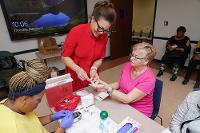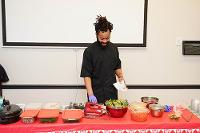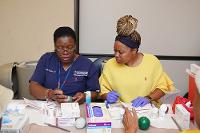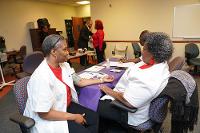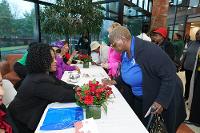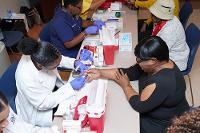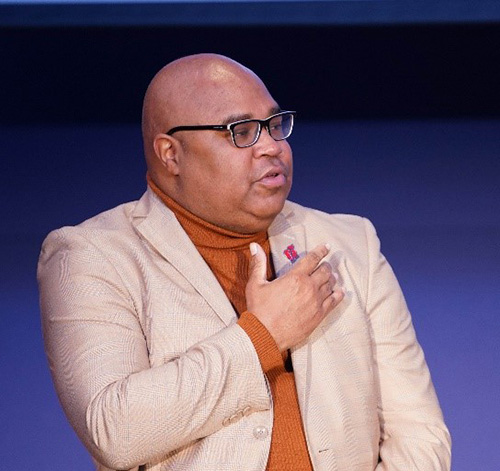 From Road Race to Heart Transplant in Three Weeks
From Road Race to Heart Transplant in Three Weeks
Cardiac Survivors Share Stories during 11th Annual Heart Healthy Week, $300K Raised for Scholarships
Imagine finishing one of the world’s premier road running races for the eighth straight
year. Now imagine waking up three weeks later with someone else’s heart beating in
your chest.
That was the reality for Arthur Vaughn, who received a heart transplant just a few
weeks after completing Atlanta’s famous Peachtree Road Race on July 4, 2019.
Six days after the race, the former Morehouse School of Medicine executive director
of finance and operations was at home when he began experiencing odd pains and sensations
along with difficulty breathing. Like many men, he downplayed the symptoms. Only after
he was almost completely incapacitated did he finally go to the St. Joseph’s Hospital
emergency room. There he learned that he was suffering from acute heart failure brought
on by giant-cell myocarditis, a rare, rapidly progressive and frequently fatal heart
disease. The only option to save his life was a transplant.
If you know anything about transplants, be they heart, liver, kidney or whatever,
patients usually have a lengthy wait before a donor organ becomes available. The national
transplant registry prioritizes potential recipients based largely on the severity
of their illness. Vaughn was so sick he immediately went to the front of the line.
Fourteen days after doctors declared him eligible a new heart became available. Today,
after months of recovery and rehabilitation along with a lifetime drug regimen, he
is enjoying life once again, running, playing golf, spending time with his daughters,
and writing a soon-to-be published book, “Survivor’s Remorse,” about his physical
and emotional journey.
Vaughn shared his story during the Women With Heart’s men’s breakfast kicking off
the 11th annual Heart Healthy Week Feb. 4-7. He discussed his transplant, recovery and lessons
learned with MSM’s Dr. Herman Taylor and Dr. Paul Douglass, as luminaries such as
former U.S. Ambassador Andrew Young and baseball legend Henry Aaron looked on from
the audience.
Karyn Greer, CBS46 news anchor and investigative reporter, once again served as host
for the women’s luncheon the next day, which featured three survivors. There was Adrienne
Hudson-Morgan, who suffered a cardiac embolism – a blot clot that travels to the heart
– in her 20s. Sherry Kinard, who developed peripartum cardiomyopathy – an uncommon
form of heart failure that happens during the last month of pregnancy or shortly after
giving birth – 17 years ago. And Shirley Rice, who felt a sharp pain in her chest
while performing a solo in church that lead to quadruple bypass surgery in February
2016.
By sharing their stories, the survivors hope people learn from their widely varying
cardiac experiences, women in particular. Heart disease is actually the number one
cause of death among women—and African American women—today. In fact, since the mid-1980s,
more women than men have succumbed to heart disease every single year. The basic message
throughout the week: Exercise, eat healthy, know your numbers (cholesterol, blood
pressure, glucose levels, etc.) and most important, do not ignore symptoms. If something
feels off, better to check with a physician and be wrong than ignore them and be right,
possibly dead right.


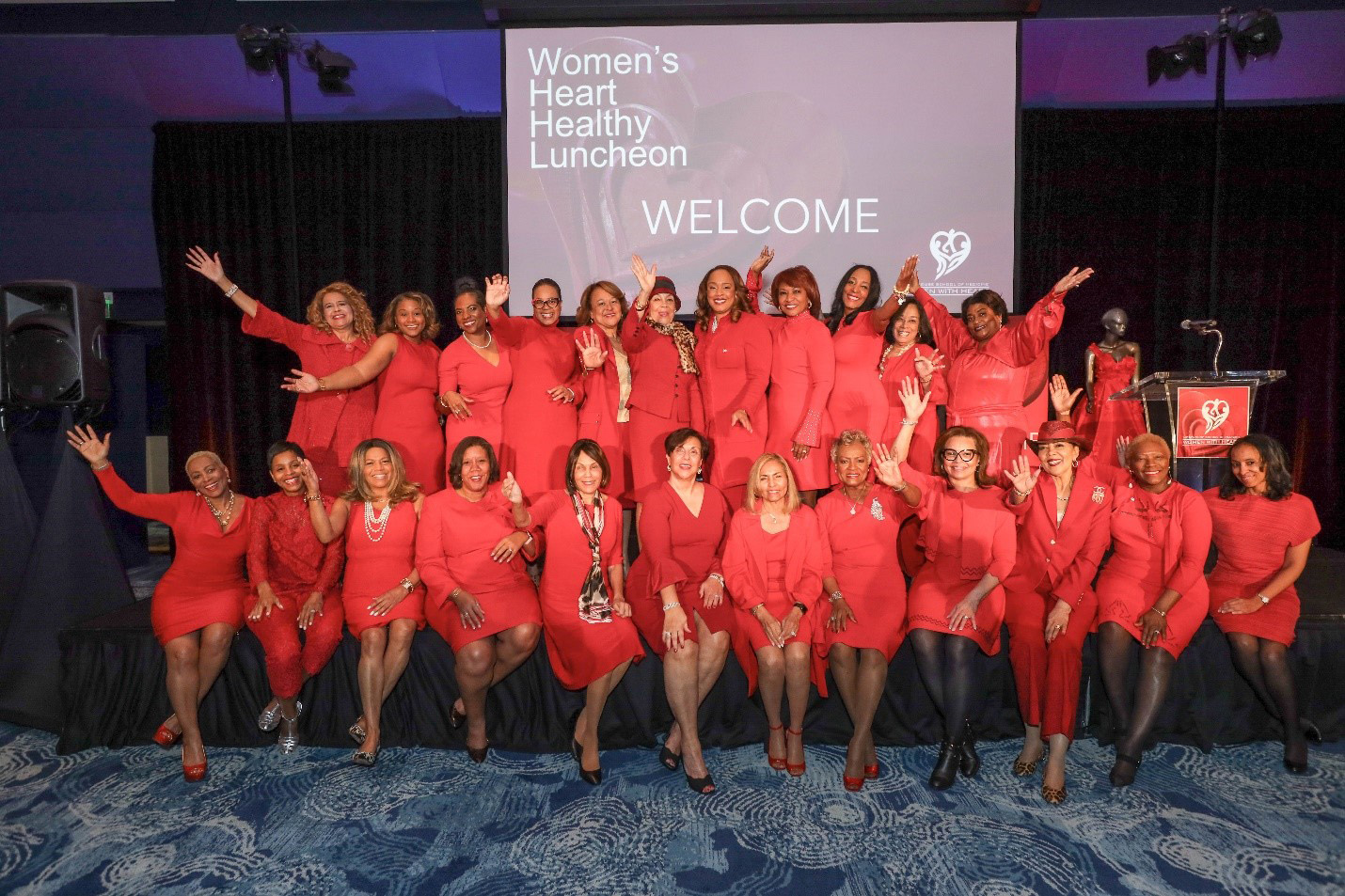
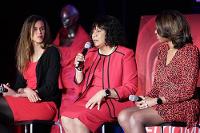
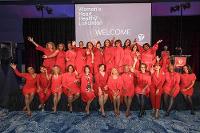

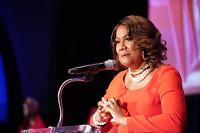
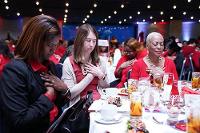
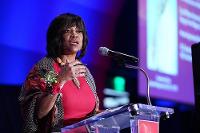
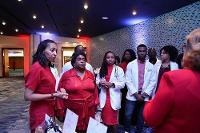
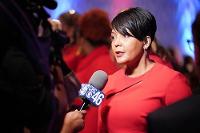
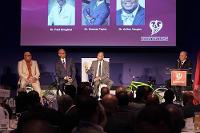
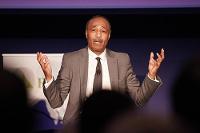
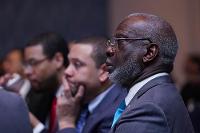
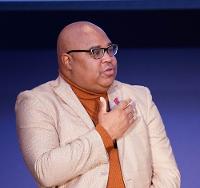

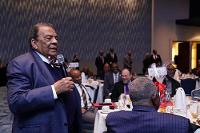
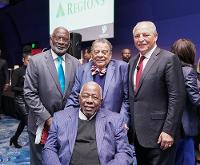
 From Road Race to Heart Transplant in Three Weeks
From Road Race to Heart Transplant in Three Weeks